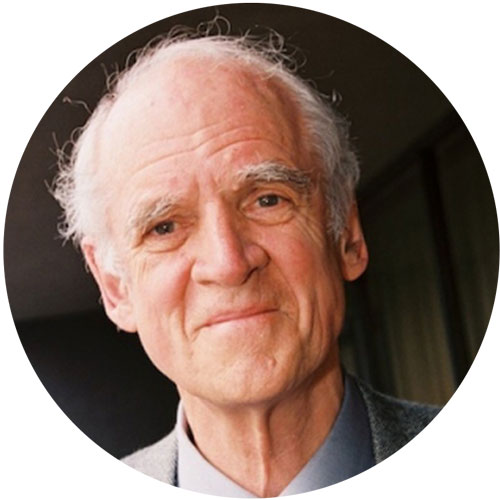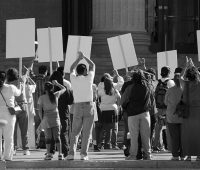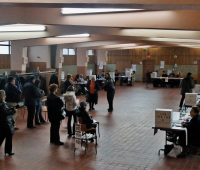This essay by Charles Taylor draws from a lecture sponsored by the SSRC’s Anxieties of Democracy program, called "Ways Democracy Can Slip Away," on October 17, 2016, at Roosevelt House in New York City, and is copublished in The Democracy Papers. Taylor was the program’s 2016 Democracy Fellow. Speaking in the weeks before the 2016 US election, Taylor discusses the character of modern democracies and their vulnerability to what he call “spirals of decline.” He concludes with a reflection on the present populist moment.





















